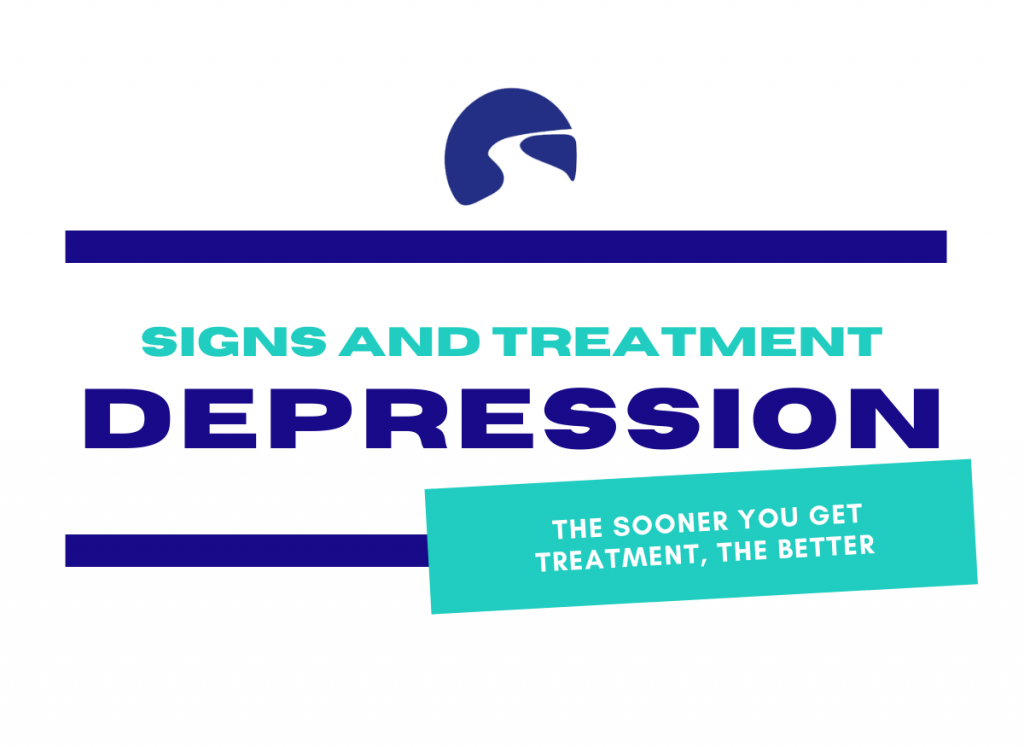Depression: Your Guide to Signs and Treatment
Depression is serious and very common. You are not alone.
Depression is a medical condition. It affects mental and physical health, can harm professional and personal relationships, and can even lead to suicide. Depression has many different causes. Some of these include, chemical imbalances and other conditions and life changes such a as a job loss can play a role. Anyone can develop depression, but depression is NOT a normal part of life. Getting help is important, and is the smart thing to do if you or a loved one a currently dealing with depression. Without treatment, depression can become worse, will last longer, and is more likely to return.
Don’t ignore depression
Below is a list of symptoms of depression. If you answered yes for #1 or #2 or have 2 or more of the symptoms below, please contact our office to schedule an appointment. Only a professional can diagnose depression.
- A depressed mood (for example, sadness, emptiness, or crying)
- A lack of interest or pleasure in many or all activities
- A big change in appetite or weight
- Trouble thinking, concentrating or making decisions
- Fatigue or lack of energy
- Sleeping too much or too little
- Agitation or decreased activity
- Low self-esteem
- Feeling worthless or guilty
- Feeling hopeless
- Thinking of death or suicide
The sooner you get treated, the better.
Seek help the right away. Schedule an appointment with a healthcare provider at Singing River Services to discuss your symptoms.
Stick with you treatment plan.
It may take several weeks to notice a change. These treatments are often used together to treat depression:
- Psychotherapy (“talk-therapy”)- this type of therapy can help to improve relationships and negative patterns of thinking and behavior.
- Medications- you may need to try different medication types before finding out what works best for you.
Be sure to discuss the risks and benefits of any treatments with you Singing River Services health-care provider.
Use medication safely.
Tell all of your healthcare providers about all of the medications, vitamins, and herbal supplements you are taking. Follow instructions and warning labels carefully. For example, alcohol can interact dangerously with medications. Report any unusual side effects caused by the medication as soon as possible.
Take care of yourself.
- Eat right and get regular physical activity. This can help lift your mood.
- Reach out. Share your feelings with friends or family, or find a local support group through Singing River Services.
- Postpone any important decisions until you feel better.



